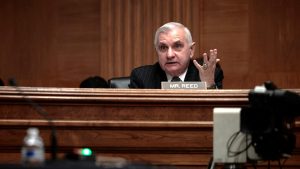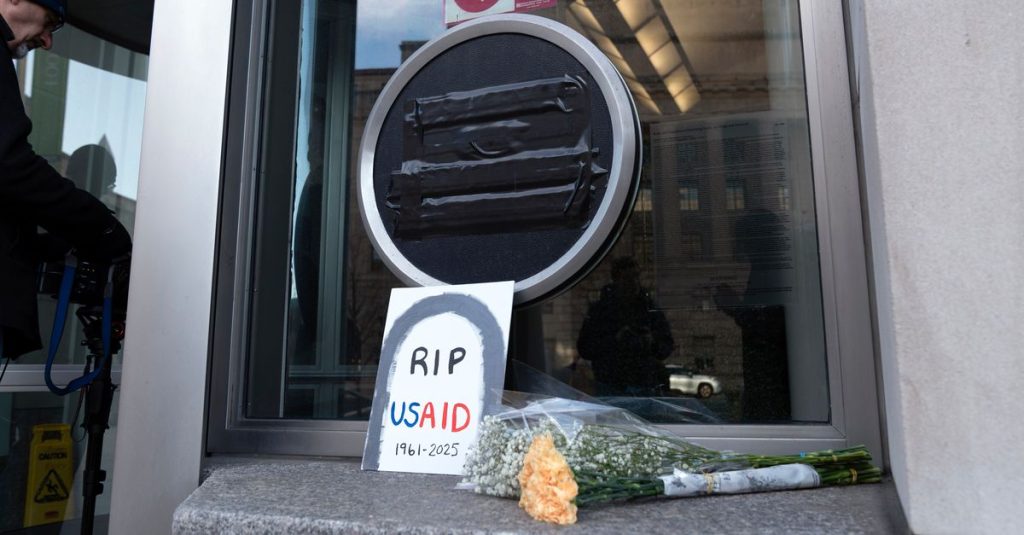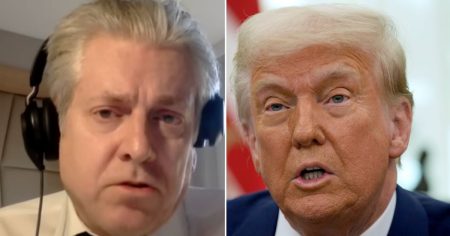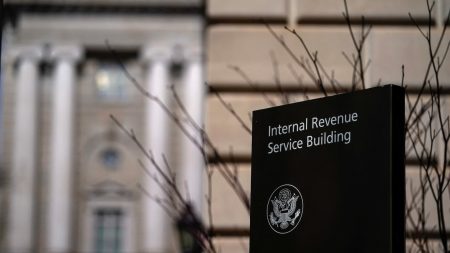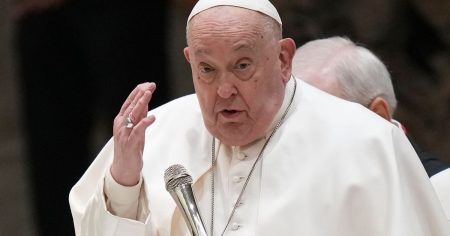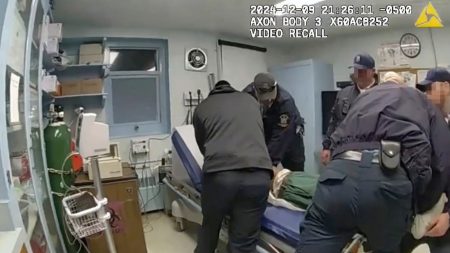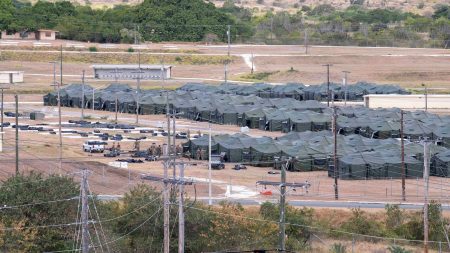Firing of the Inspector General: A Blow to Transparency
The recent dismissal of Paul Martin, Inspector General for the U.S. Agency for International Development (USAID), has sent shockwaves through the halls of government oversight. Fired without any stated reason, Martin’s termination comes on the heels of a critical report from his office. This report highlighted the Trump administration’s dismantling of USAID, which has severely impaired the agency’s ability to monitor $8.2 billion in unspent humanitarian funds. Inspectors general, as independent watchdogs, are crucial in uncovering waste, fraud, and abuse, making Martin’s firing the latest in a series of such removals by the Trump administration, raising significant concerns about accountability.
Impact on Oversight and Transparency
The implications of Martin’s firing are profound. His office’s flash report revealed that USAID’s funding freeze and staff reductions have left oversight mechanisms in shambles. The agency’s inability to track funds means there’s a heightened risk of these resources being misused, potentially falling into the hands of extremist groups or being lost in conflict zones. This breakdown underscores the importance of independent oversight and the administration’s trend of undermining such mechanisms, leading to a decline in transparency and accountability.
Lawsuit Against the Administration: Unpaid Bills and Stalled Aid
Compounding the issue, a lawsuit filed by U.S. businesses alleges that the administration’s rapid dismantling of USAID has resulted in hundreds of millions of dollars in unpaid invoices. This financial strain has forced suppliers to lay off employees, with companies like Chemonics International furloughing 750 workers. The lawsuit asserts that the administration’s actions are unlawful, bypassing congressional approval and causing widespread disruption to aid programs. This not only affects businesses but also endangers global recipients of vital assistance.
Humanitarian and Economic Fallout: Lives on the Line
The consequences of the funding freeze extend far beyond budgets and businesses. Chemonics alone has $103 million in unpaid invoices and $500 million in essentials like medications and food stalled in supply chains. The delay in delivering these goods could lead to a surge in preventable deaths from diseases like HIV/AIDS and malaria, with potentially dire consequences for millions, including children. This humanitarian crisis, coupled with economic losses, paints a grim picture of the administration’s policies.
Defense and Mitigation Efforts: A Complex Landscape
In response to criticism, administration officials like Peter Marocco defend the cuts as necessary to reevaluate programs. However, others are taking steps to mitigate the damage. Lawmakers from farming states have introduced legislation to safeguard a $1.8 billion food-aid program by moving it under the Department of Agriculture. This move aims to shield the program from the administration’s broader cuts, reflecting the politically sensitive nature of agricultural interests in the Trump administration.
Conclusion: Wider Implications for Global Aid and Governance
The firing of Paul Martin and the subsequent fallout highlight a disturbing trend of eroding institutional checks and balances. The administration’s actions have not only compromised the efficiency of USAID but also imperiled the lives of millions relying on its aid. As legal battles and political maneuvers continue, the stakes remain high, underscoring the need for transparency and accountability in governance to ensure that aid reaches those in need, upholding the mission of organizations like USAID.


